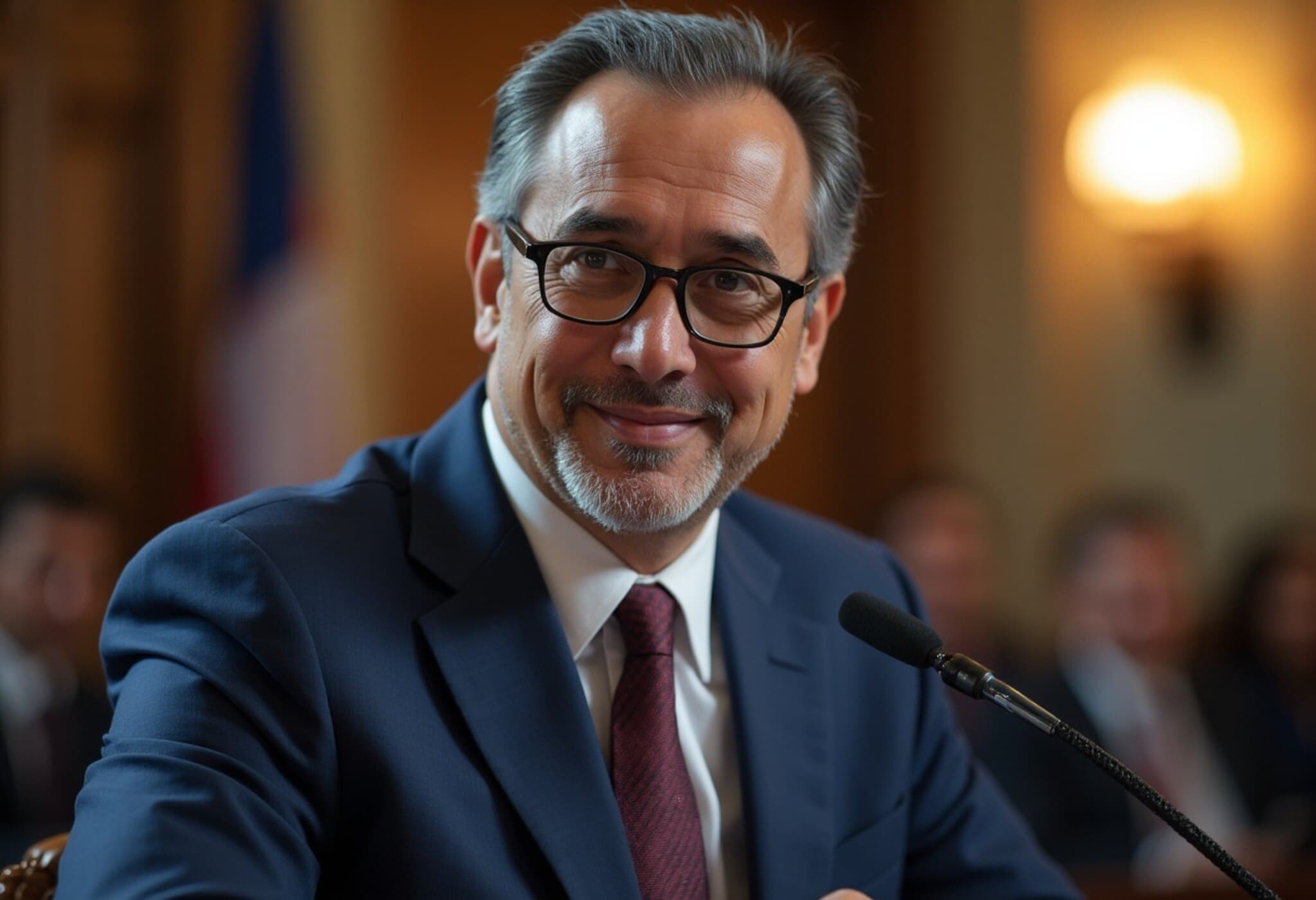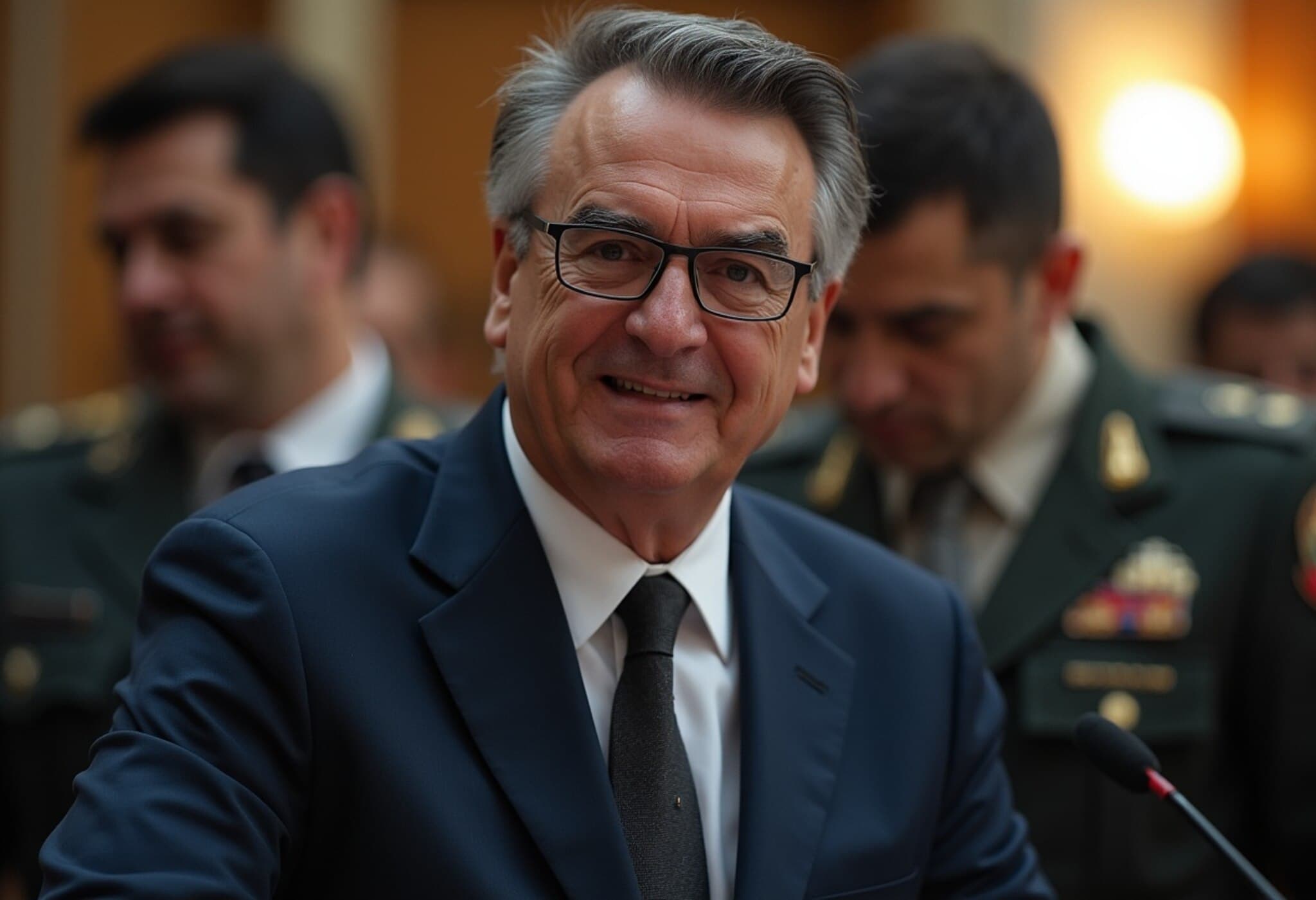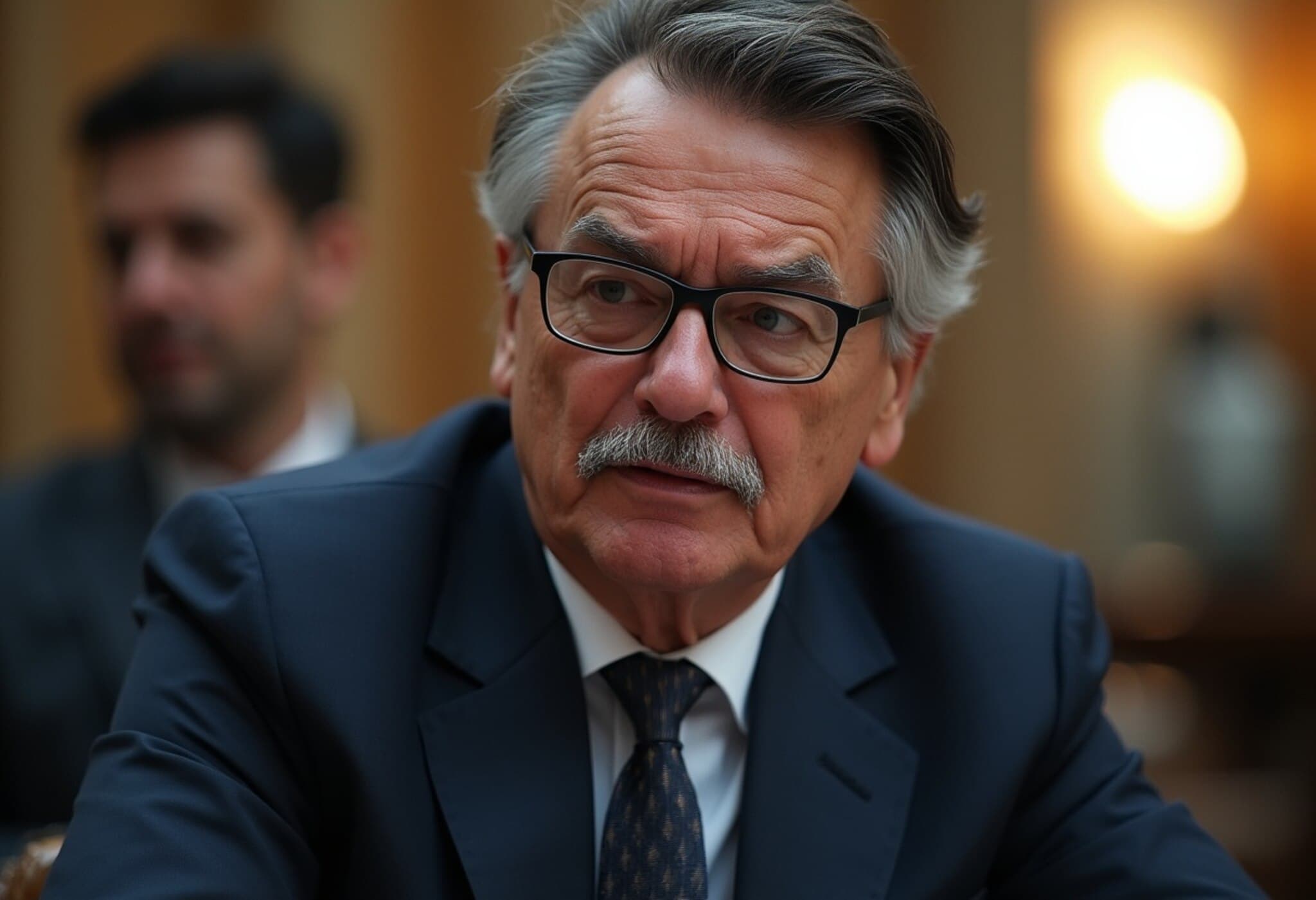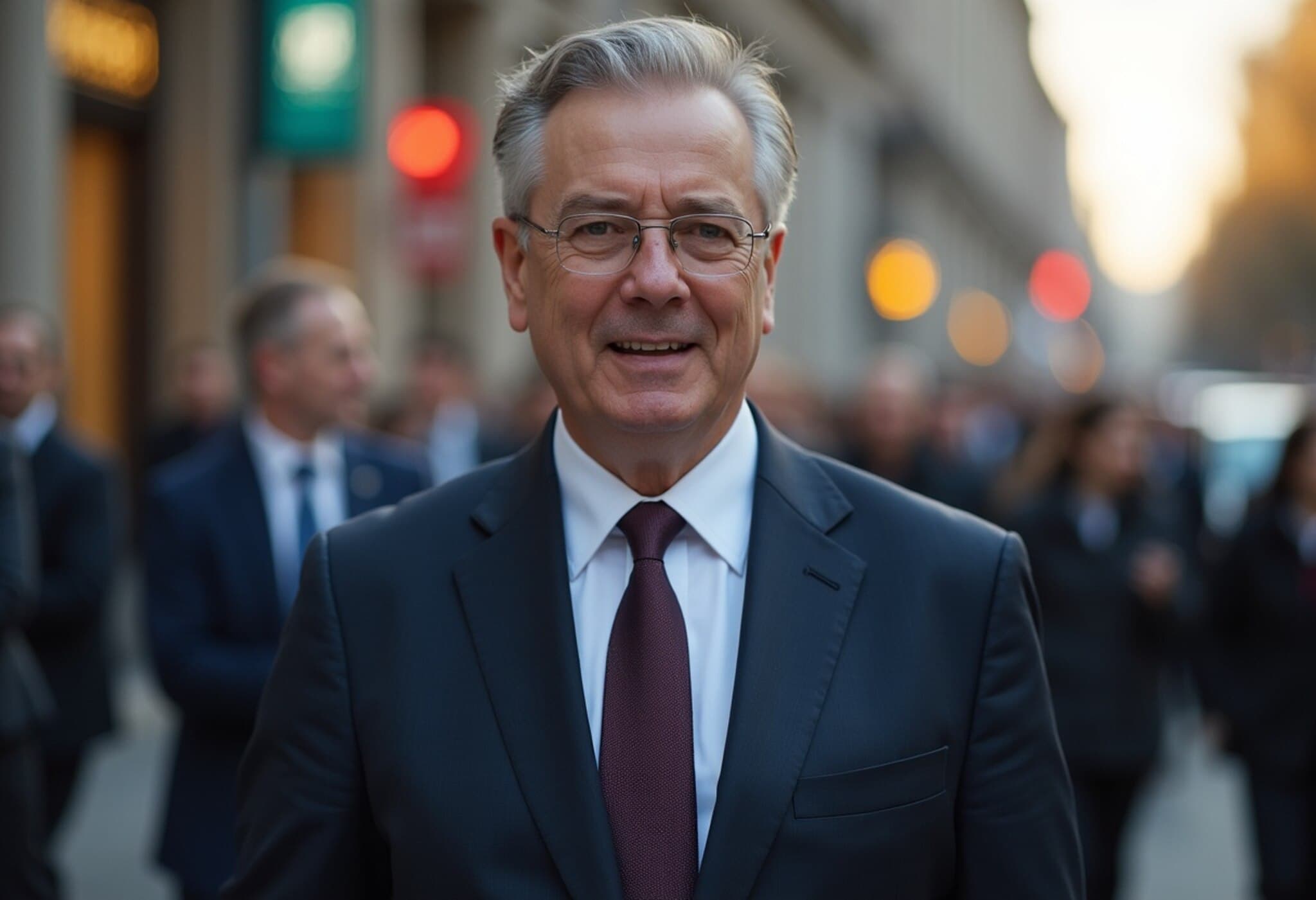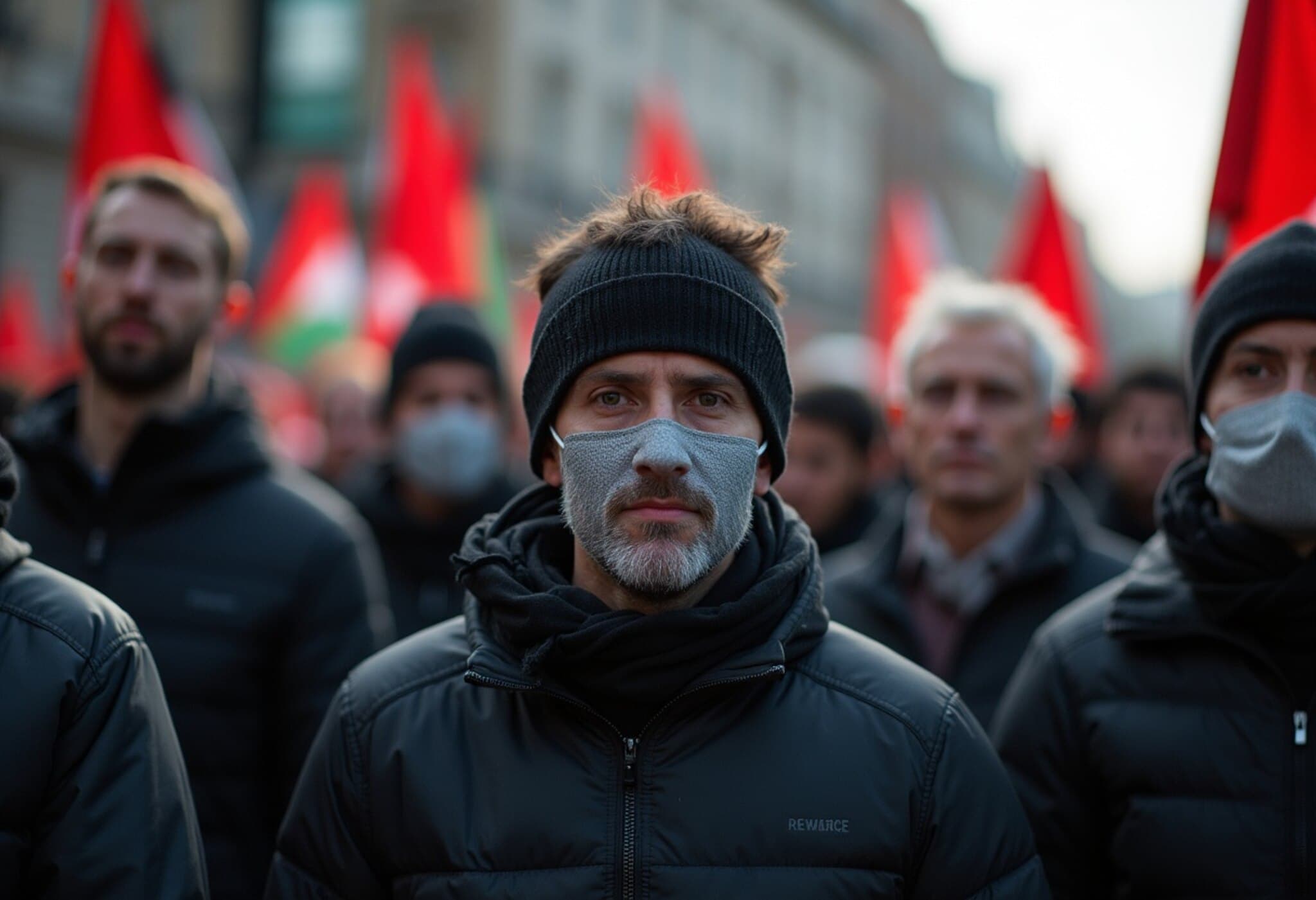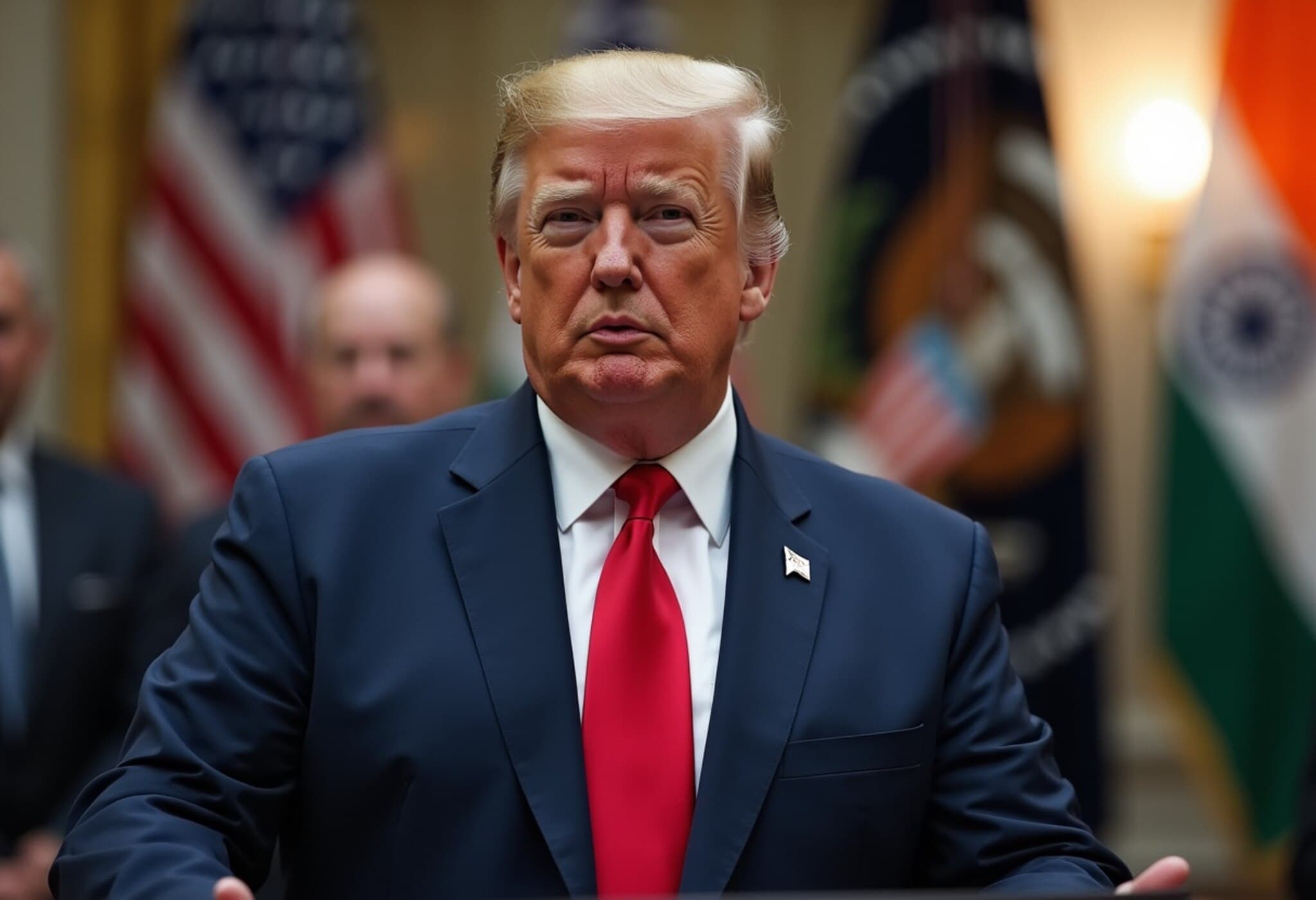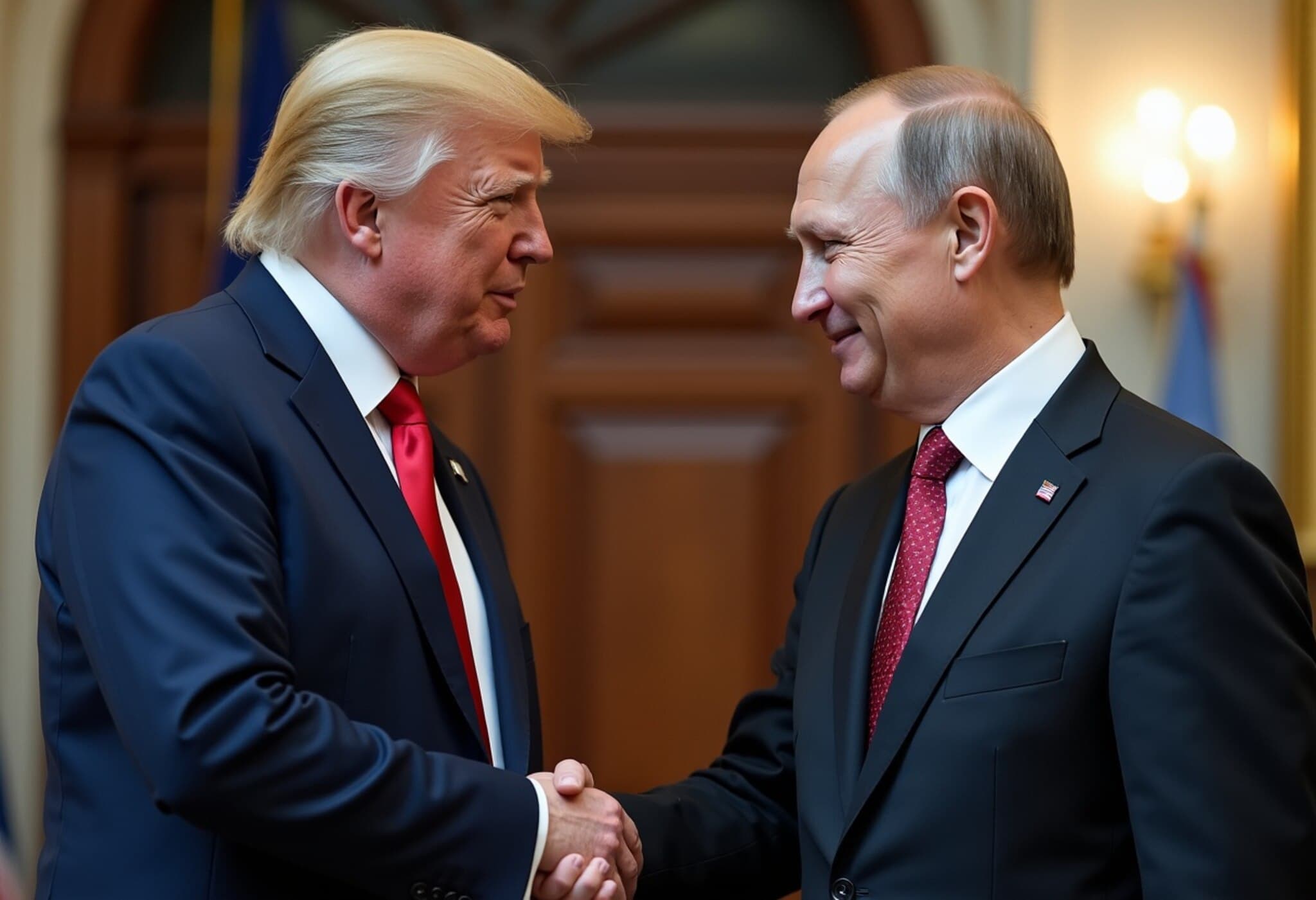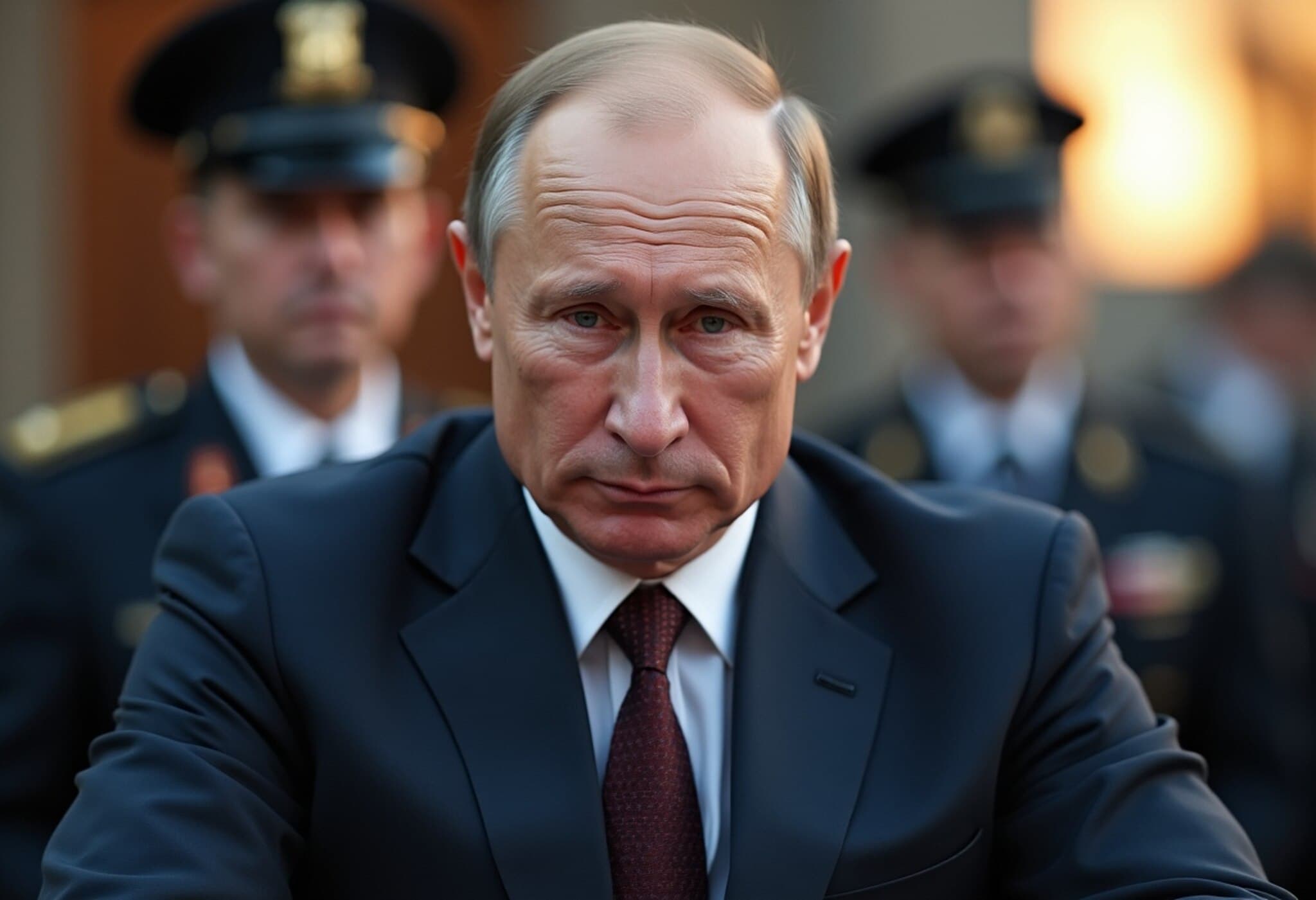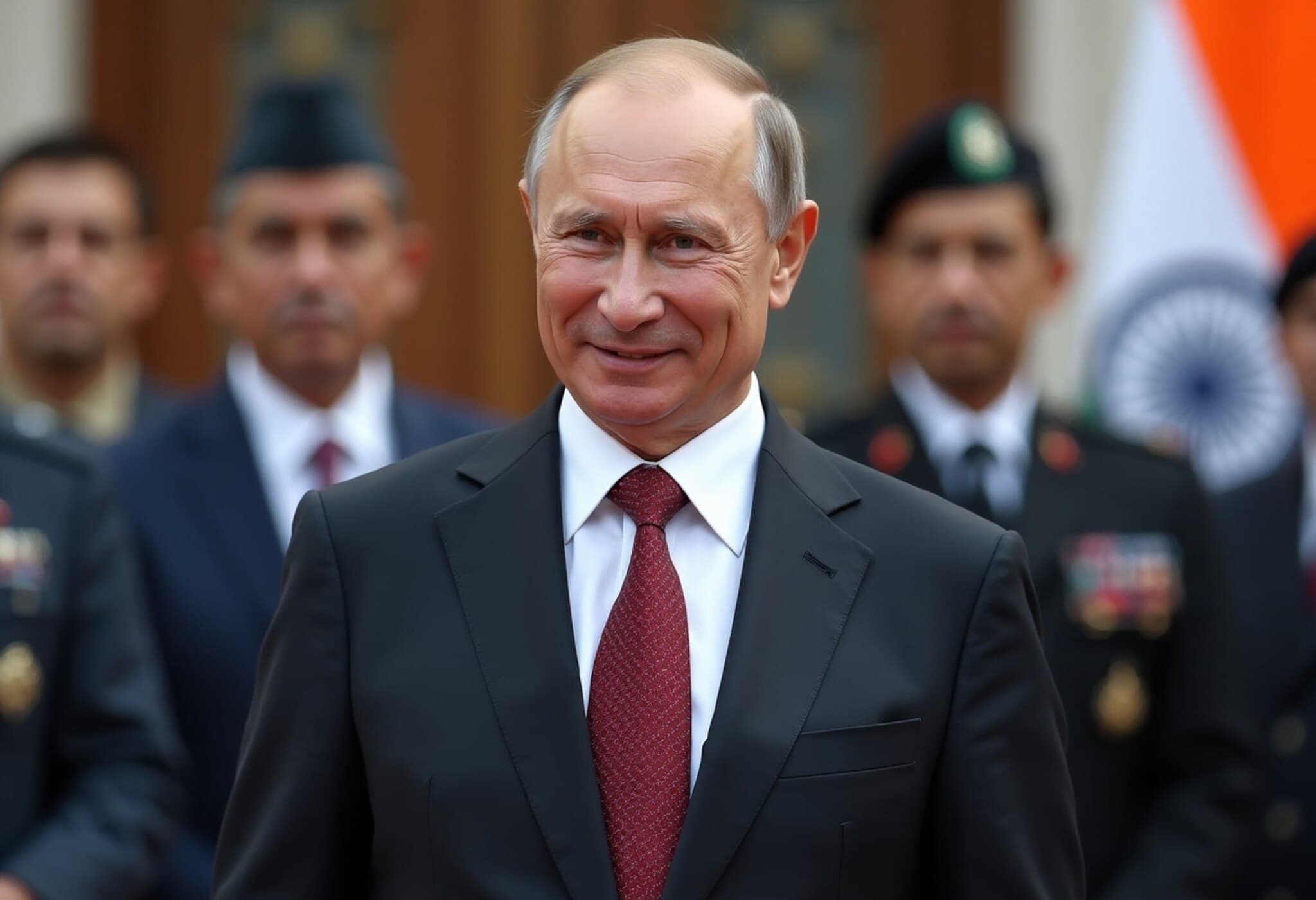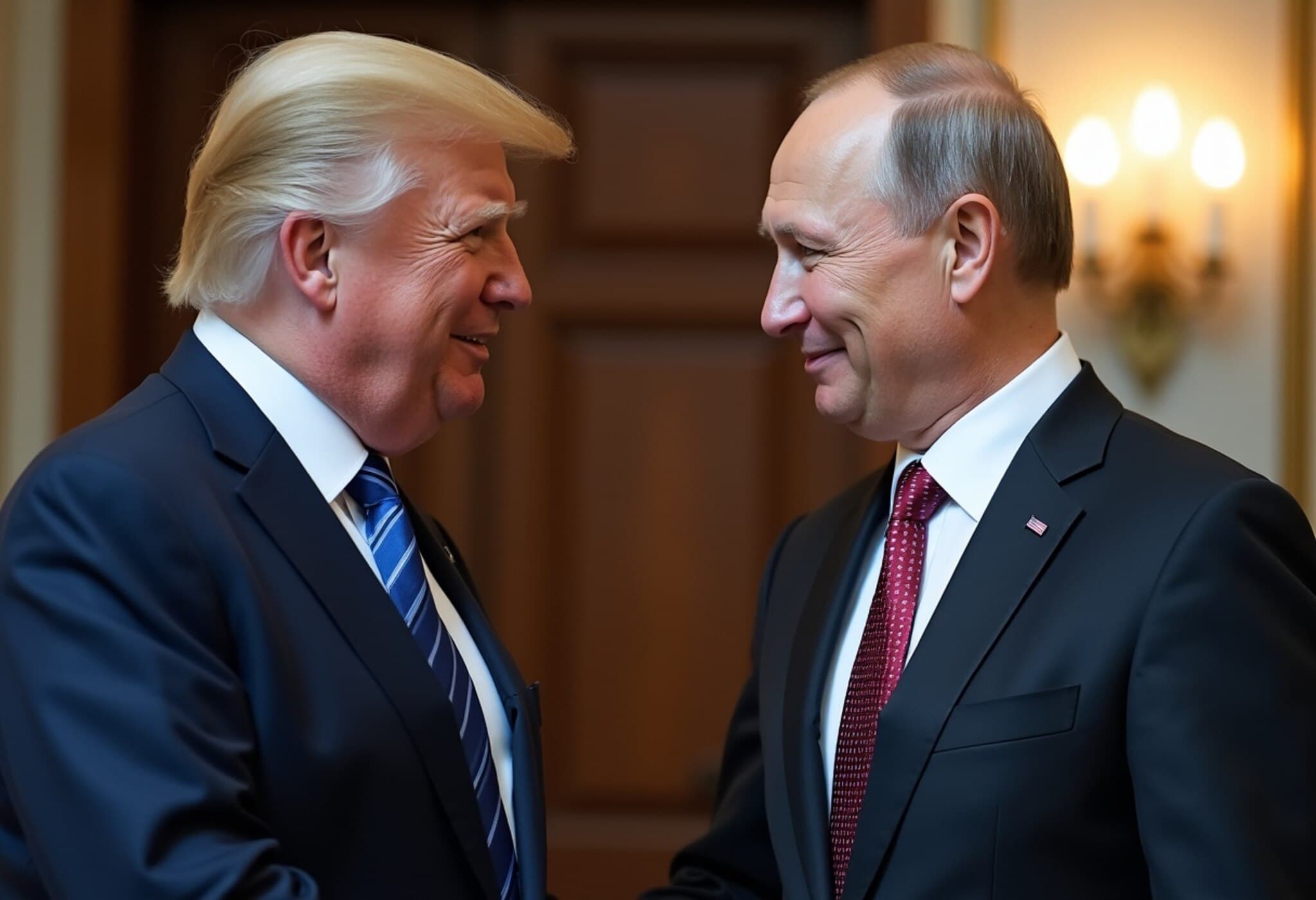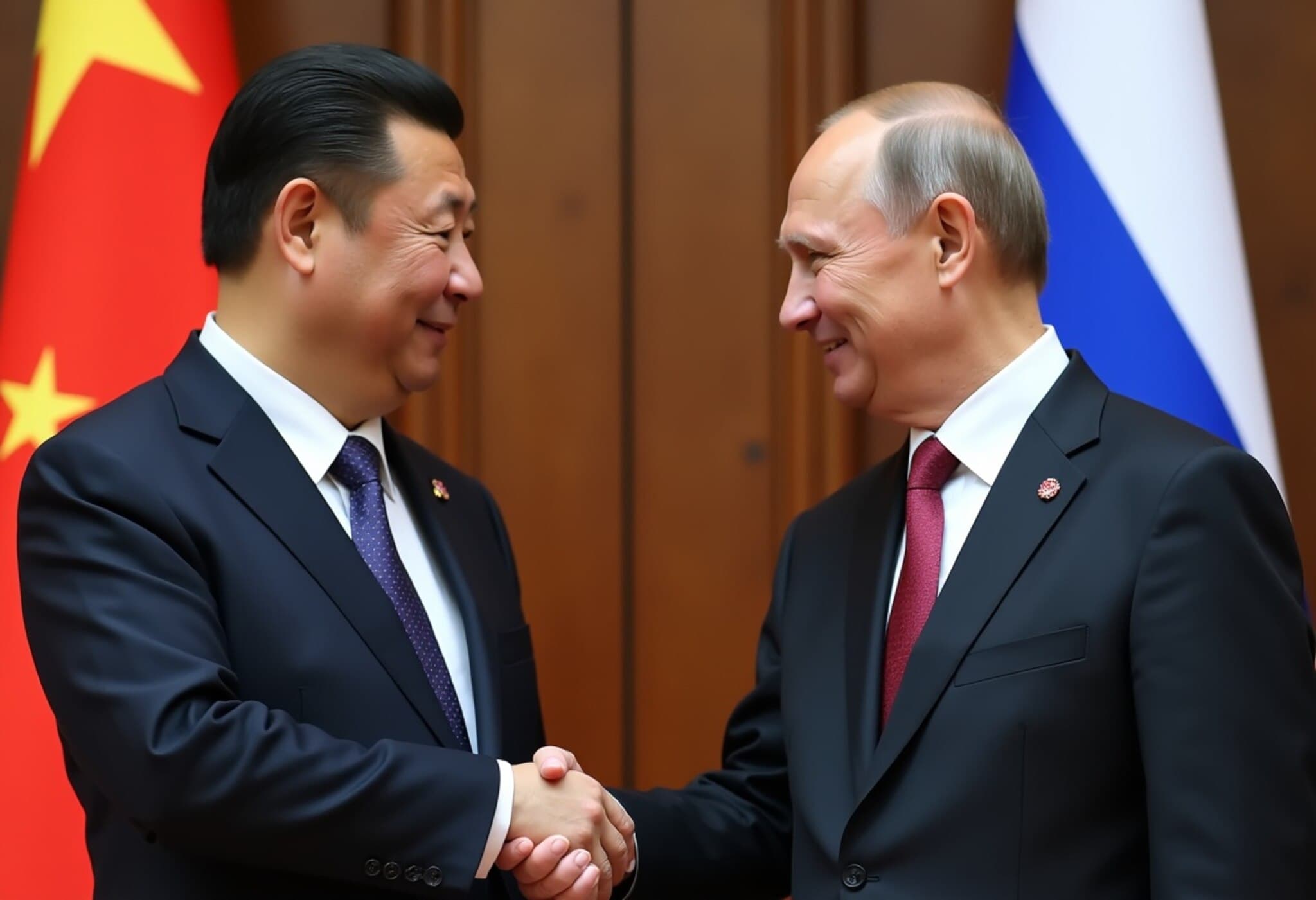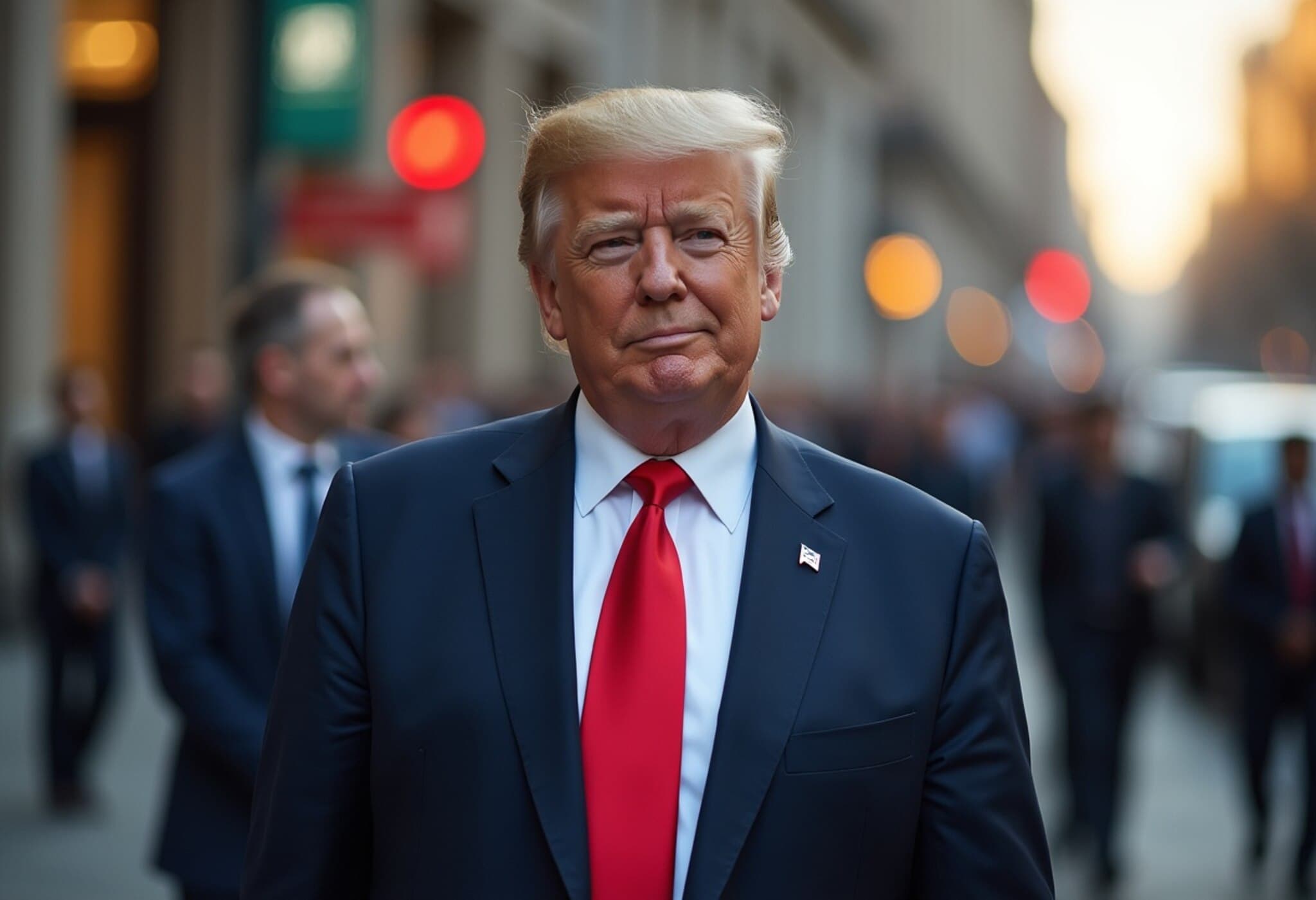Elizaveta Krivonogikh: The Woman Behind the Rumors
Elizaveta Krivonogikh, a figure shrouded in mystery and whispered about in political circles, has recently emerged from the shadows with a compelling and defiant voice. Widely believed to be the secret daughter of Russian President Vladimir Putin, Elizaveta has publicly condemned the very man she is rumored to be connected to, accusing him, albeit indirectly, of "destroying her life" and causing "millions of deaths." Her journey from privileged anonymity to outspoken critic offers a nuanced glimpse into the complexities of power, family, and personal conscience amid one of the most contentious geopolitical conflicts of our time.
From Alleged Kremlin Heiress to Parisian Art Advocate
At just 22 years old, Elizaveta has undergone a dramatic transformation. Born around 2003, reportedly the result of an affair between Vladimir Putin and Svetlana Krivonogikh—who once served as a housekeeper in Putin’s inner circle—Elizaveta’s early life was marked by luxury. Before 2022, her glamorous social media posts displayed a life filled with designer fashion, elite nightclubs, and travel on private jets, under the name Luiza Rozova. However, the Russian invasion of Ukraine triggered her sudden retreat from public view and social media silence.
Now, Elizaveta resides in Paris, having graduated from the ICART School of Cultural and Art Management. She has adopted the name Elizaveta Rudnova, a name that experts speculate could either symbolically reference a late Putin ally or serve as an intentional mask to facilitate her new life. She is actively involved in two Parisian art galleries known for their bold anti-war exhibitions, signaling a profound moral and ideological break from her past.
Public Rejection of Putin and the Personal Costs
Elizaveta’s return to public attention comes with striking, emotionally charged declarations on her Telegram channel, “Art of Luiza.” One such post reads: “The man who took millions of lives and destroyed mine.” While she stops short of explicitly naming Putin, the context and her background make the accusation resonate as a deeply personal condemnation of the Russian President and his policies.
This brave public stance challenges the typical narratives surrounding the Kremlin’s inner circles and underscores the emotional toll that political conflict can inflict on families, even hidden ones. Observers note the symbolic significance of her evolving identity — from an emblem of elite privilege to a voice of dissent within the Russian diaspora.
Inside the contested legacy of a family tied to power
Elizaveta’s mother, Svetlana Krivonogikh, has not escaped scrutiny herself. She was sanctioned by the United Kingdom in 2023, reflecting the international community’s view of her as part of Putin’s close circle. Russian independent journalists have repeatedly highlighted her anomalous wealth and proximity to the Kremlin, contributing to the overall puzzle of Putin’s private life.
Though Vladimir Putin has never publicly acknowledged Elizaveta as his daughter, the physical resemblance and circumstantial evidence presented by investigative media outlets such as Proekt have intensified speculation globally. In this shadowed narrative, Elizaveta’s vocal opposition to Putin’s war policies is particularly significant — positioning her as a potent symbol of dissent from within a traditionally opaque and loyal elite class.
Controversies and Cultural Impact
Elizaveta’s new role hasn’t been universally embraced. Within activist communities opposing the war in Ukraine, she faces criticism and skepticism, with some questioning her authenticity and the appropriateness of her participation given her connections. Conversely, many admire her courage to confront her past and use her platform to speak out against the war, embracing her as a cultured and sincere advocate.
This dynamic highlights a broader societal debate about identity, accountability, and the possibility of personal transformation amidst political upheaval.
What Elizaveta’s Story Reveals About Russia’s Inner Dynamics
Her journey draws attention to the often-hidden familial and personal complexities behind political power in Russia. It also raises critical questions on the impact of authoritarian governance on private lives and dissidence within elite ranks. In an environment where loyalty is prized and public dissent is dangerous, Elizaveta’s choice to break away symbolizes an extraordinary act of individual agency against overwhelming odds.
Expert Commentary
From a geopolitical perspective, Elizaveta’s public denunciation can be viewed as a rare crack in Putin’s monolithic image, potentially influencing perceptions both within Russia and internationally. Furthermore, her activism reinforces the role of cultural and artistic expression as a form of resistance in authoritarian contexts, echoing historic patterns where art and dissent intertwine.
Editor’s Note
Elizaveta Krivonogikh’s story is as captivating as it is complex, melding the personal with the political in a conflict that has global ramifications. It invites readers and analysts alike to consider the human dimensions behind geopolitical struggles and to question the narratives that dominate headlines. Her emergence prompts reflection on themes of identity, power, and transformation — confirming that even in the most secretive and tightly controlled regimes, voices seeking change can and do emerge.


